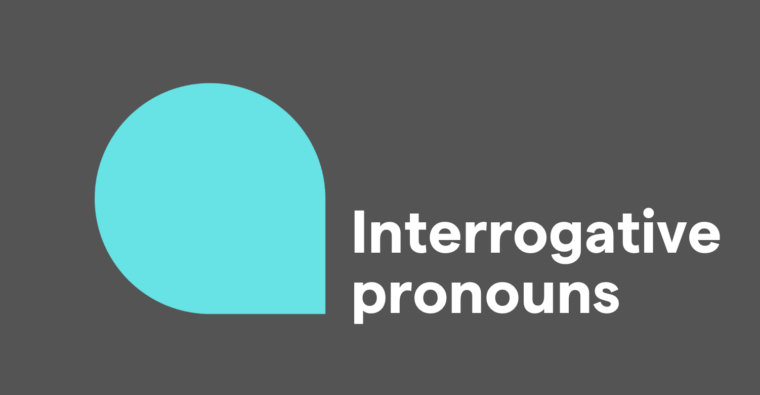In most cases, the subjunctive form of a verb is usually the third-person form of the verb with the ‑s dropped, but the verb to be is a special case. The subjunctive is used after certain expressions that contain an order or a request, a hypothetical, or a wish.
It Is Recommended That…
Here’s an example of the subjunctive mood in action:
Does this look weird to you? Usually, you would use the verb form prepares with a third-person singular pronoun like she. But it’s very common to use the subjunctive mood with phrases like “It is recommended that…” or “We recommend that…” The subjunctive form of most verbs is simply the base form of the verb (e.g., prepare, walk, eat).
One reason this gets tricky is that it only becomes obvious you’re using the subjunctive mood when you’re using the third-person singular. The rest of the time, the verb form doesn’t change.
Other phrases that are commonly followed by a verb in the subjunctive mood include ask that, it is important that, and we insist that.
Using the Verb to Be in the Subjunctive Mood
The subjunctive mood has one other use: to express wishes and hypothetical situations. Typically, this type of statement includes the word if.
It’s only obvious that you’re using the subjunctive mood when you’re using the verb to be. The form of any other verb will remain unchanged.
When you’re describing a wish or an impossible situation, use were instead of was.






